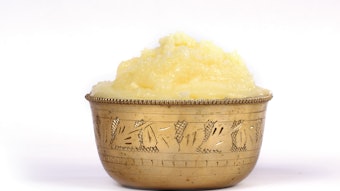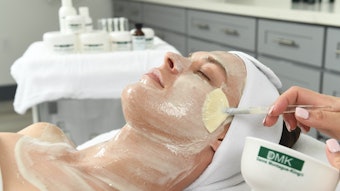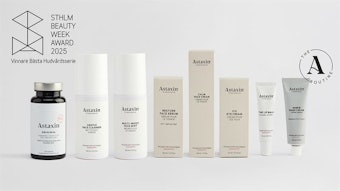
Though there are many coveted ingredients in skin care, such as exfoliating acids and retinol; vitamin C is perhaps the most coveted. Despite being a renowned ingredient in the industry for decades, the types of vitamin C used in products and their formulations continue to evolve, providing increased efficacy and fewer side effects. Vitamin C’s popularity continues to grow, with searches for “the best vitamin C serum” more than doubling in the past year. On Stylight, the “world’s leading online search platform for Fashion, Beauty and Design,” clicks for the top vitamin C serums increased by over 1000% at the end of 2020, compared to the same period in 2019! These statistics show that vitamin C products, both in the treatment room and in the retail space, are critical components that increase the value of professional services and maximize the potential for retail sales.
There are numerous vitamin C products available on the market, and the types of vitamin C used in skin care formulations matter. With such a large variety, choosing the most results-driven kind of vitamin C for your clients’ skin concerns can be daunting. Throughout this article, we will discuss some of the most effective types of vitamin C in product formulations and additional ingredients that amplify vitamin C’s benefits. We’ll also examine ingredients to avoid or to use with caution when also applying vitamin C on the skin.
Potent Forms of Vitamin C
Different types of vitamin C have varying efficacy and potency when targeting specific skin conditions. For instance, some forms of vitamin C are better for sensitive and rosacea-prone skin types, while others work on deeper layers of the skin, helping to address advanced signs of aging due to collagen and elastin breakdown. Here are some of the most potent forms of vitamin C to use on the skin, including information about how they work and their benefits:












